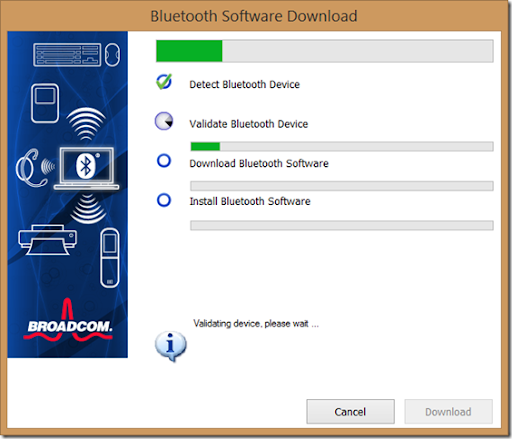

The Windows Vista Bluetooth driver stack has been enhanced to provide SCO kernel-mode DDIs. They are defined primarily to support time-bounded information like voice.

Synchronous connection-oriented (SCO) links are point-to-point connections between two Bluetooth devices. The Bluetooth driver stack provides device driver interfaces (DDIs) that enable profile drivers to access Synchronous Connection-Oriented (SCO) links and Logical Link Controller and Adaptation Protocol (L2CAP) links between the local system and remote Bluetooth devices. IHVs must use Windows Vista or later to develop their profile drivers because earlier versions of Windows, including Windows XP with SP2, do not support profile driver development. To support the Bluetooth protocol, Microsoft supplies several drivers and support files, including: Profile drivers should follow the Windows Driver Model (WDM) architecture. Bluetooth drivers, known as profile drivers, are written by independent hardware vendors (IHVs) to support various protocols defined in the Bluetooth specifications. Microsoft provides support for the Bluetooth protocol in Microsoft Windows XP with Service Pack 2 (SP2) and later. Details of the Bluetooth protocol are available on the Bluetooth website. This section also provides guidelines on how to develop Bluetooth profile drivers for your Bluetooth-enabled device. Bluetooth is an industry standard protocol that enables wireless connectivity for a variety of devices including computers, mobile phones, handheld devices, mouse devices, keyboards, and printers. This section describes the support that Microsoft provides for the wireless Bluetooth protocol.


 0 kommentar(er)
0 kommentar(er)
